“All progress begins at the end of your comfort zone,” Tony Robbins once said.
On Tuesday, July 15, during a raw hearing focused on vaccine injuries, in the Hart Senate Office Building in Washington, you could feel discomfort in the room settling like smoke.
For two and a half hours, reporters, senators, and medical professionals listened to parents share devastating vaccine-injury stories—of seizures, paralysis, and sudden death.
At one point, one participant recalled: “She vaccinated the baby and he was dead in his crib.” Everyone in the room stopped breathing, too.
During Covid-19, the voices of the vaccine injured were flagged, deplatformed, and ignored. Personal social media accounts vanished without warning. Entire Facebook support groups were deleted overnight. To their close friends they were grieving, concerned parents doing the right thing. To Big Tech they were “misinformation terrorists.”
On Tuesday, their stories cut through five years of silence.
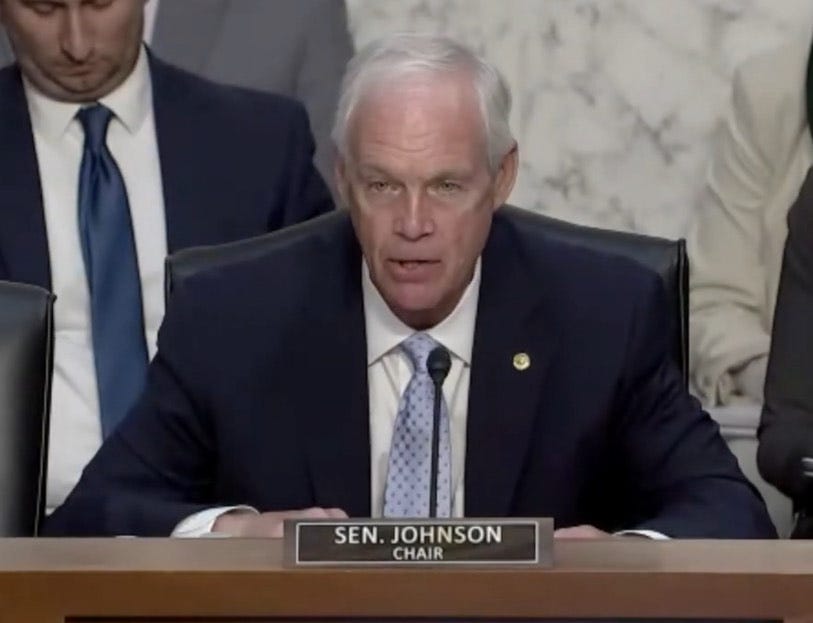
“The purpose of today’s hearing titled, ‘Voices of the Vaccine Injured,’ is very simple: to give a platform to those individuals and families who have been abandoned—their injuries and suffering dismissed and forgotten,” Republican Senator Ron Johnson, who led the hearing, said in opening remarks.
For two hours, Johnson handed the microphone to witness after witness—finally free from Meta CEO Zuckerberg’s censorship—to deliver emotional testimonies. Behind them, images of bright-eyed children flickered on a screen, punctuated by sorrowful voiceovers describing how a single shot changed everything.
One mother wept into the microphone, “My healthy happy baby boy, within four days, went into a vegetative state of being.”
Another asked: “Do you know what it feels like to hold your lifeless baby until even his foot is cold in your hands?”
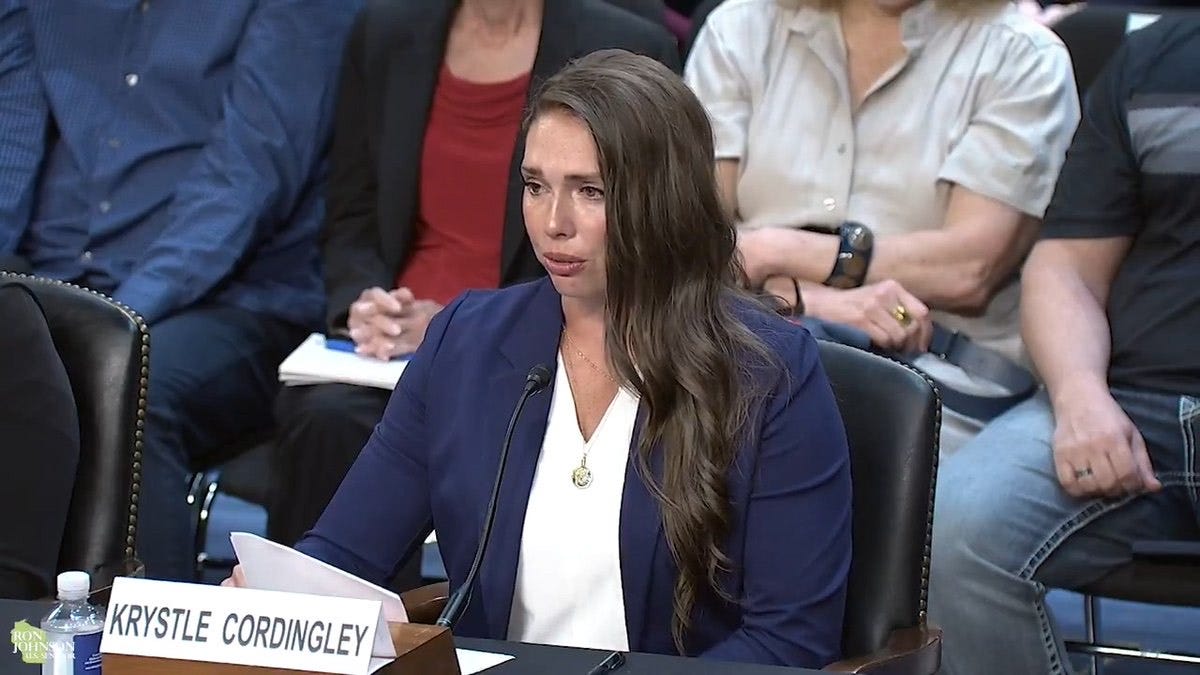
Mother of five and scientist, Krystle Cordingley, opened up about losing her baby Corbyn unexpectedly after he received a flu shot in his left thigh. Hours after he got his first shot, she found her son faced down in his crib. She began CPR on her baby but noticed that rigor mortis had already set in.
“His lung fluids were all over my jacket and shirt,” she remembered. “I’ll never forget that smell. They’re still in his hamper with the rest of his clothes. I can’t bring myself to wash them. It feels like I’d be washing him away.”
When she arrived at the ER, she saw her baby, lifeless laying on the bed. He was dead. The ER doctor and nurses told her it couldn’t be the flu shot.
“Some babies just die,” they told her. The pediatrician who administered the shot told her the same when she called to cancel his second appointment. For months, she worked with a medical examiner to find answers and rule this possibility out. The examiner mishandled the investigation and she never received answers.
“She never truly tried finding an answer,” Cordingley said.
The room grew quiet as each testimony exposed a common pattern: adverse events, unanswered questions, and a healthcare system unwilling to investigate beyond protocol.
Dr. Joseph Sullivan, a practicing anesthesiologist once profiled in The Wall Street Journal for his physical fitness, detailed his experience with vaccine-related complications. Following his second dose of the mRNA COVID-19 vaccine, Sullivan began experiencing significant respiratory issues.
“Three weeks after my second dose, I couldn’t go up a flight of stairs without gasping for air,” he said. “I was stunned to realize: this is likely how I die.”
He was later diagnosed with pulmonary hypertension. Despite filing a report through the Vaccine Adverse Event Reporting System (VAERS), he received no follow-up.
“I believed in the system. I believed I would be heard,” he said. “When I wasn’t, I channeled that disbelief into collaborating with The BMJ. What I learned is chilling: if you are harmed, you're on your own.”
The hearing didn’t just touch on COVID vaccines. It centered on decades of increasing the number of vaccines given to children, bureaucratic protections for pharmaceutical companies, and the human cost to families like Emily Tarsell’s, another speaker.
Her daughter, Christina, died 18 days after receiving the final dose of the HPV vaccine Gardasil. “You cannot imagine the hell of seeing your child suddenly lifeless,” Tarsell testified. She detailed a failed investigative system: an unresponsive FDA, a false VAERS report from Merck, and years of litigation culminating in the government conceding the vaccine likely caused her daughter’s death.
Senator Johnson also opened the floor to people who swear by vaccines.
Serese Marotta testified that her five-year-old son, Joseph, died of H1N1 flu in 2009—two weeks before the vaccine became available. “Let me share how incredibly hard it was to go home and tell his 7-year-old sister that her little brother wasn’t ever coming home.”
She reminded the panel that vaccine-preventable diseases continue to kill children, especially amidst rising vaccine hesitancy. “We are all doing the best we can with the information we have,” Marotta acknowledged. “But I would be remiss if I did not remind the Committee that the science is clear: vaccines are safe and effective.”
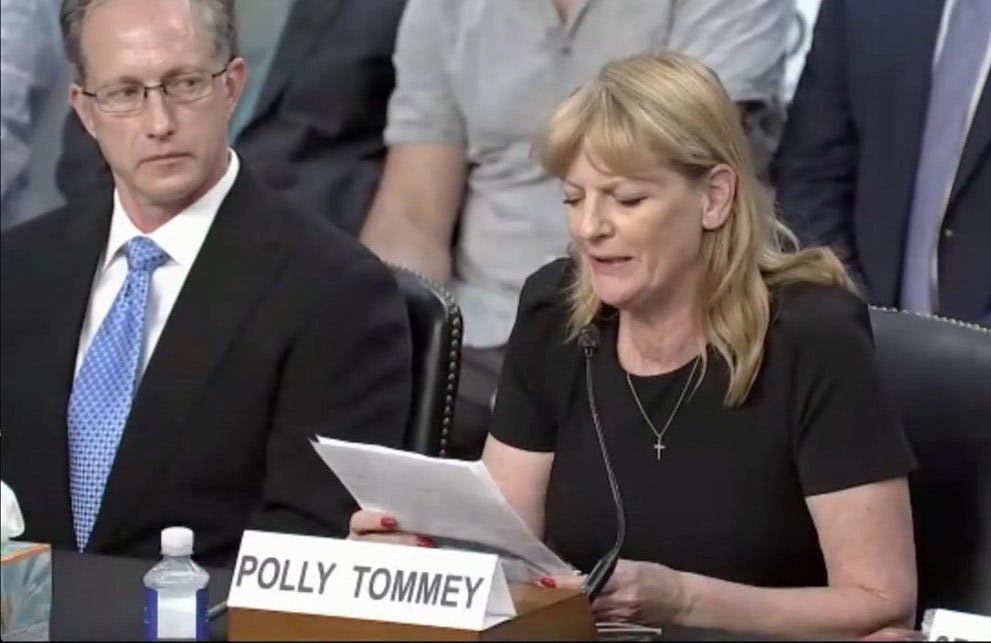
Polly Tommey of Children’s Health Defense joined the panel to chime in:
“Let me be clear,” Tommey said. “We vaccinated because we trusted. We obeyed. And now, our lives have been shattered.”
Still, the prevailing atmosphere of the hearing was one of betrayal—not by science itself, but by institutions that many witnesses said failed to investigate their cases or provide transparency.
“When I hear your stories it breaks my heart,” Republican Senator Bernardo Moreno told the witnesses. “I can see the pain in each and every one of you. I hope we actually move the ball forward to get something done.”
Mainstream reporters, however—visibly moved—shifted in their seats, unsure of how to respond.
“What was it like in there?” MSNBC senior reporter Brandy Zadronzy was asked later during a roundtable discussion on The Weeknight.
“It was super sad. It was a bunch of people telling stories of dead or disabled children,” Zadronzy said.
“Most cases that I’ve researched that have gone through vaccine court were proven that they weren’t caused by a vaccine but here they are anyways and who wants to look a mother in the eye and say we don’t believe you,” Zadronzy admitted.
The Weeknight host and former RNC chairman, Michael Steele, wrote off the event entirely—calling it an “anti-vax conference” and framing it as a misinformation super-spreader event rather than a somber, emotional appeal from grieving Americans demanding answers.
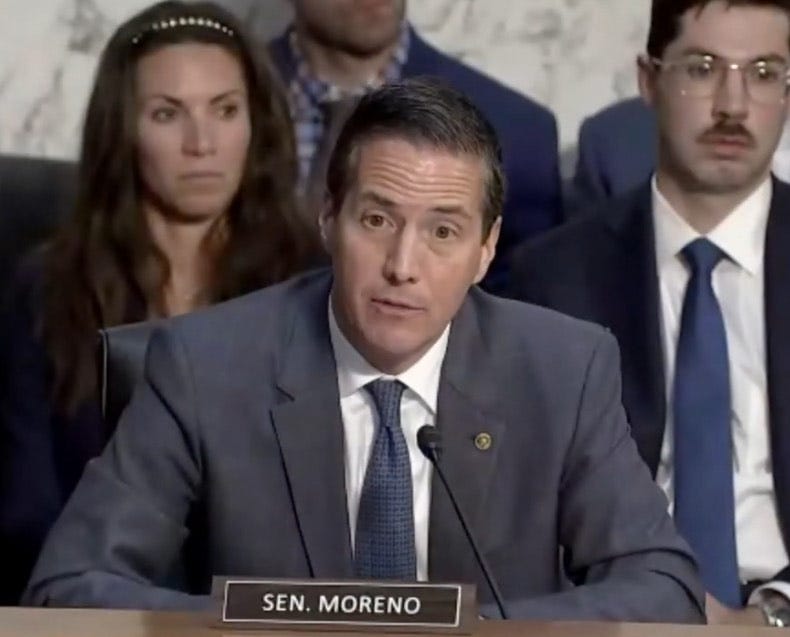
One moment notably absent from MSNBC’s roundtable recap was the loud applause Senator Moreno received—several times—during the hearing.
“To my Democrat colleagues, look I get it. I was a private citizen up until six months ago,” Moreno said.
“But what motivated me to come here to Washington, D.C. to serve this country was because our government lost its mind over the last 4–5 years,” he added, prompting one of the hearing’s loudest rounds of applause.
Moreno went on to question why vaccine manufacturers are shielded from liability. “Why are we exempting certain injuries?” he asked.
He also called out the financial incentives woven into the vaccine rollout: “We need to get serious about understanding there’s a lot of entanglements between special interest groups, lobbyists with zero accountability.”
“People who profited severely are having a great life,” he said. “The North Star has to be medical freedom—as well as accountability.”
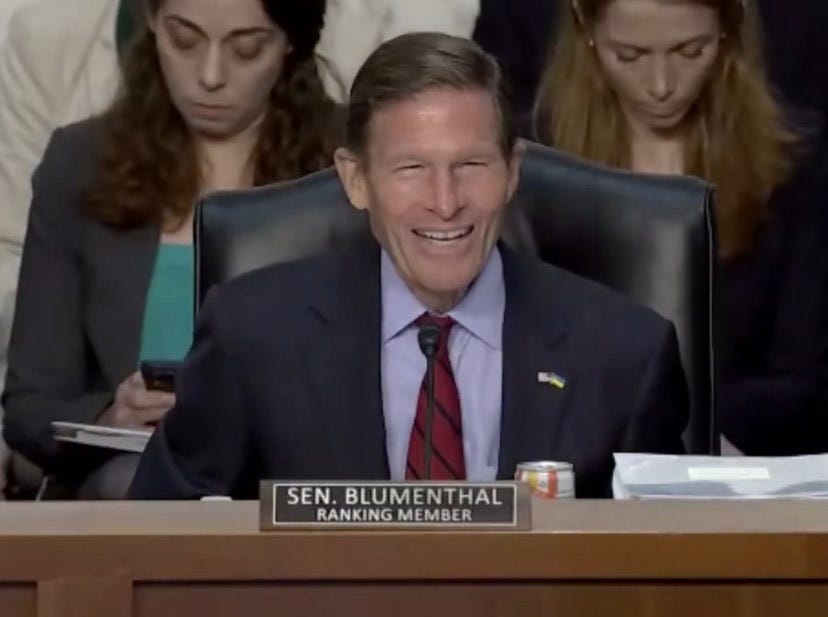
When Democratic Senator Richard Blumenthal took the mic at the end of the hearing, he offered a full-throated defense of doctors, the FDA, and vaccines.
“Vaccines for smallpox, polio, measles, whooping cough have all saved lives and they’ve been proven safe and effective,” Blumenthal said, inviting anyone with “criticisms of the clinical trials or the studies” to bring them forward.
Continued Blumenthal, “The people of America should know that the safe and effective standard of the FDA means something, and the perils of failing to help your children and protect them with these vaccines can be very great.”
Blumenthal also pushed back against Senator Moreno’s suggestion that doctors have financial incentives to push vaccines, asserting the opposite—that doctors actually lose money jabbing Americans.
“According to the American Academy of Pediatrics, most doctors lose money in administering vaccines,” he said. “They do it because they believe it has public health benefits.”
Still, while defending the broader medical establishment, Blumenthal acknowledged some overlap with Moreno’s concerns about pharmaceutical influence, especially through advertising.
“I hope that we can work together on measures that will prevent misrepresentation in any sort of ads,” he said. “The ads that appear for a lot of pharmaceutical drugs—encouraging people to use drugs that may not be appropriate for them—certainly ought to be scrutinized, and we ought to take action.”
The contrast between Moreno and Blumenthal was stark but familiar. Both senators agreed that Big Pharma is tangled in corruption and that medical overprescription deserves scrutiny. But Blumenthal drew a hard line at vaccines, unwilling to question their safety or effectiveness—something Moreno and the testifying families challenged directly.
But for their part, the families were just searching for answers.
“If we do not have the proper procedures put in place and we do not have that true, true saline placebo studies done to show the true safety and effectiveness [of vaccines], then we’re going to continue see our children be damaged and killed by the very thing we’re trying to protect our children in this world from,” Krystle Cordingley said.
In his closing remarks, Senator Johnson expressed gratitude toward Senator Blumenthal for his willingness to collaborate on areas of shared concern, but emphasized that beneath all the political posturing, the room shared one unifying motive: to find the truth.
“We want integrity restored to science,” Johnson said. “We want our federal health agencies credible. We want doctors advocating for their patients.” Tuesday’s hearing didn’t deliver medical consensus—but it did something arguably more radical: it made room for grief. For acknowledgement. For voices long dismissed.



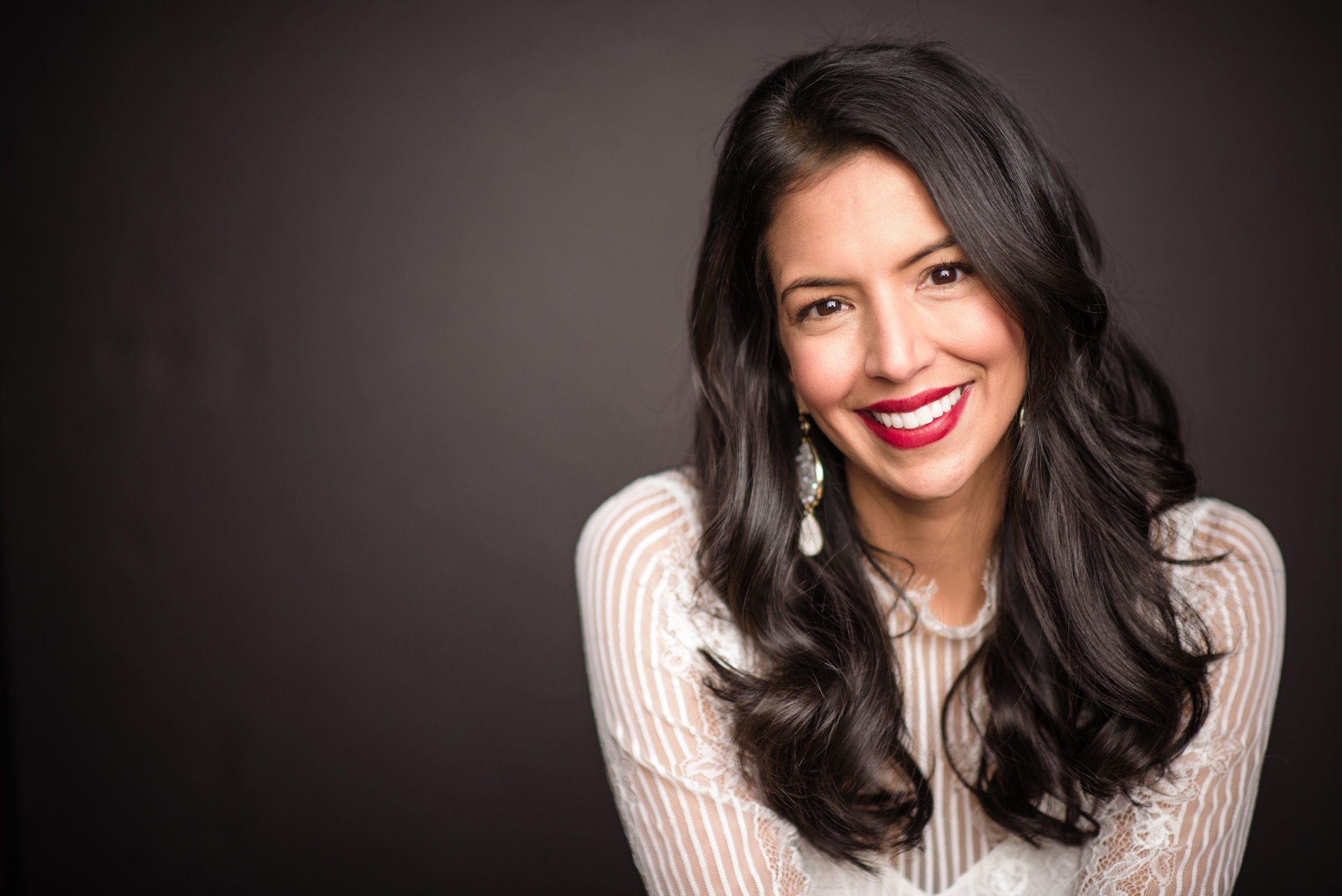


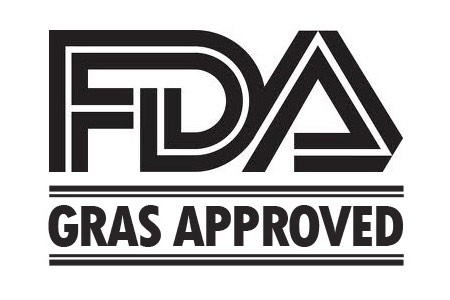




Lorem ipsum dolor sit amet, consectetur adipiscing elit. Suspendisse varius enim in eros elementum tristique. Duis cursus, mi quis viverra ornare, eros dolor interdum nulla, ut commodo diam libero vitae erat. Aenean faucibus nibh et justo cursus id rutrum lorem imperdiet. Nunc ut sem vitae risus tristique posuere.
Lorem ipsum dolor sit amet, consectetur adipiscing elit. Suspendisse varius enim in eros elementum tristique. Duis cursus, mi quis viverra ornare, eros dolor interdum nulla, ut commodo diam libero vitae erat. Aenean faucibus nibh et justo cursus id rutrum lorem imperdiet. Nunc ut sem vitae risus tristique posuere.